Bacterial biofactories embedded in the rim of the lens continually produce hyaluronic acid, a natural lubricant, to keep the contacts moist.
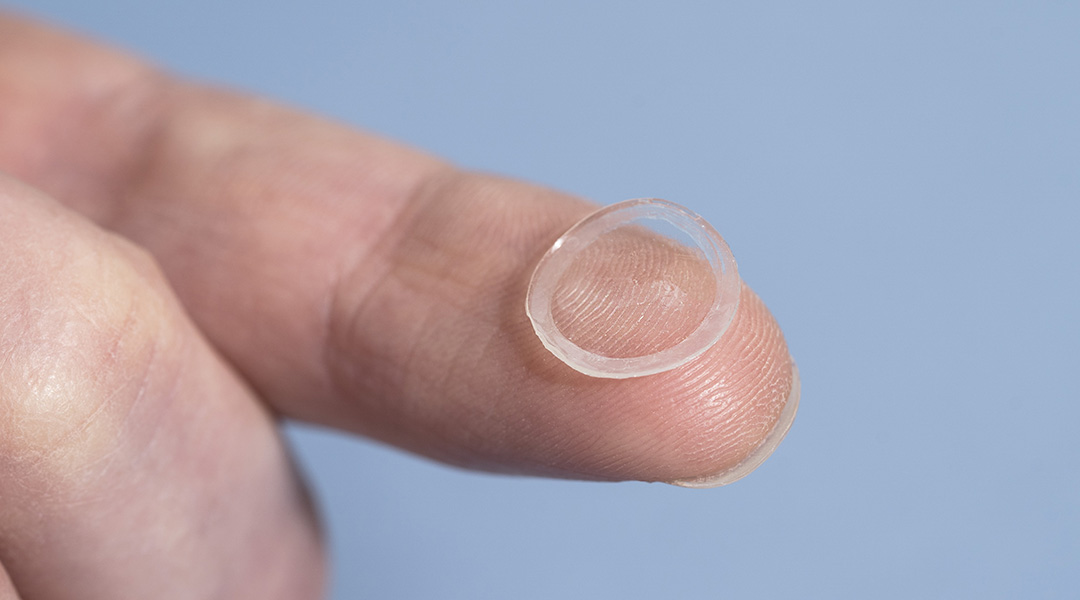

Bacterial biofactories embedded in the rim of the lens continually produce hyaluronic acid, a natural lubricant, to keep the contacts moist.
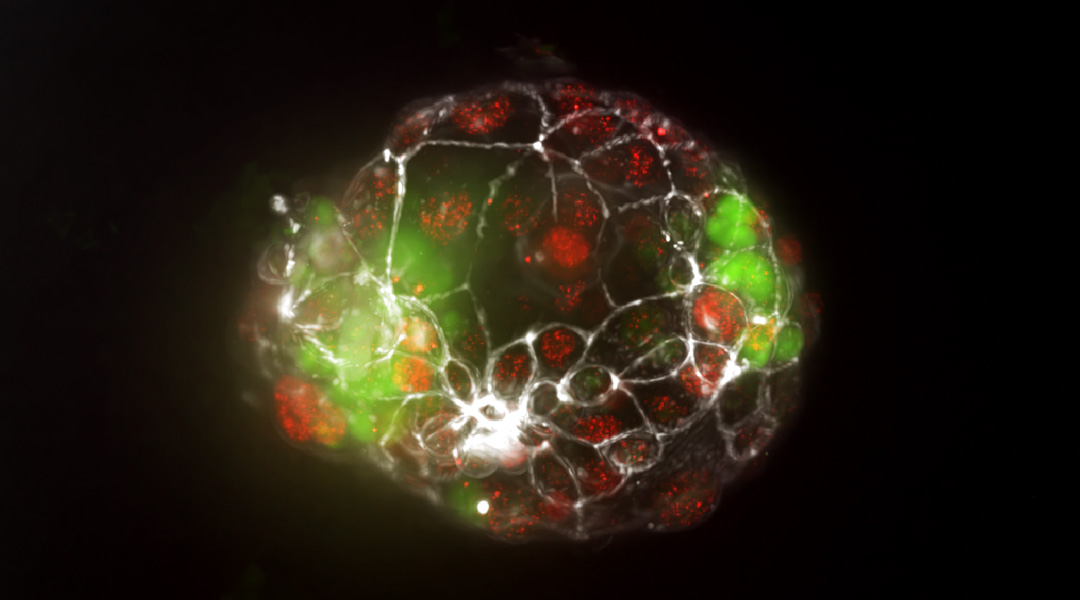
A new organ-on-a-chip model allows researchers to study the splitting of the embryo during pregnancy for the first time.
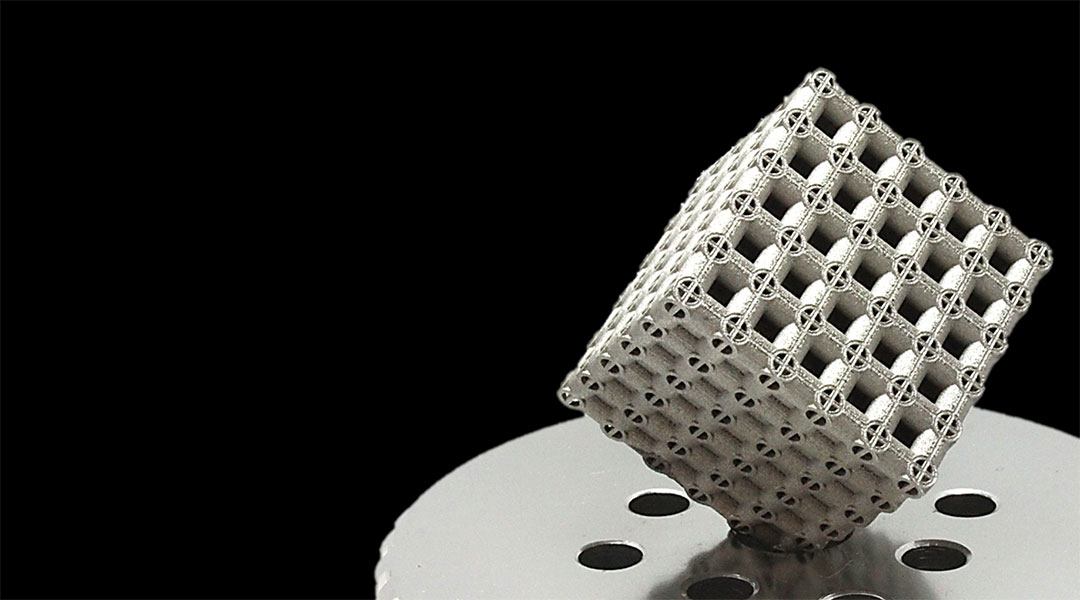
A groundbreaking titanium metamaterial with unparalleled strength and versatility could revolutionize manufacturing and high-speed aviation.
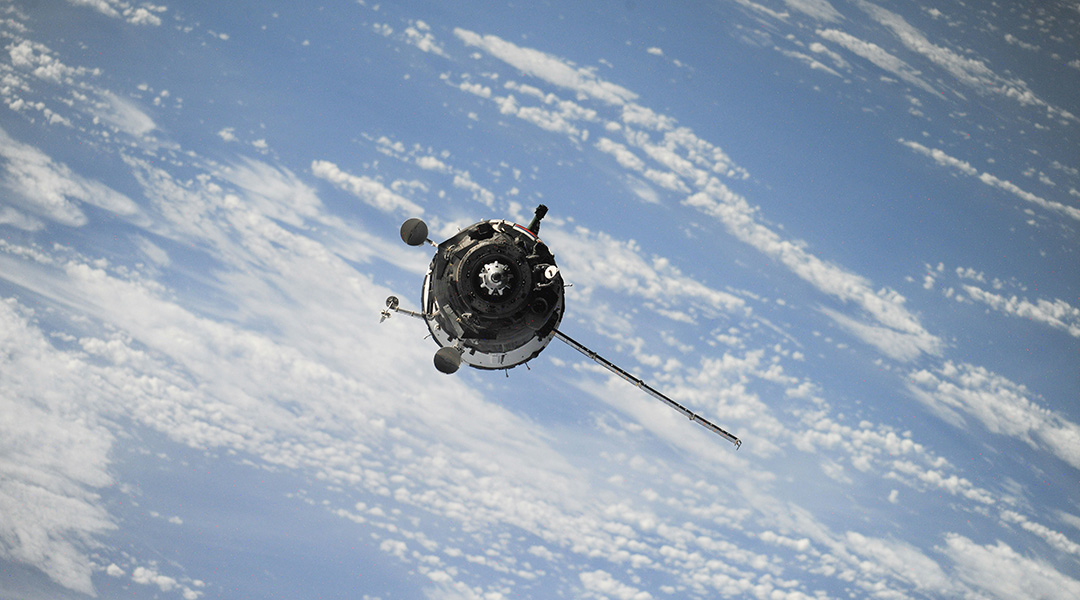
To develop medical treatments in space, scientists first need to understand how the body behaves in this foreign environment.
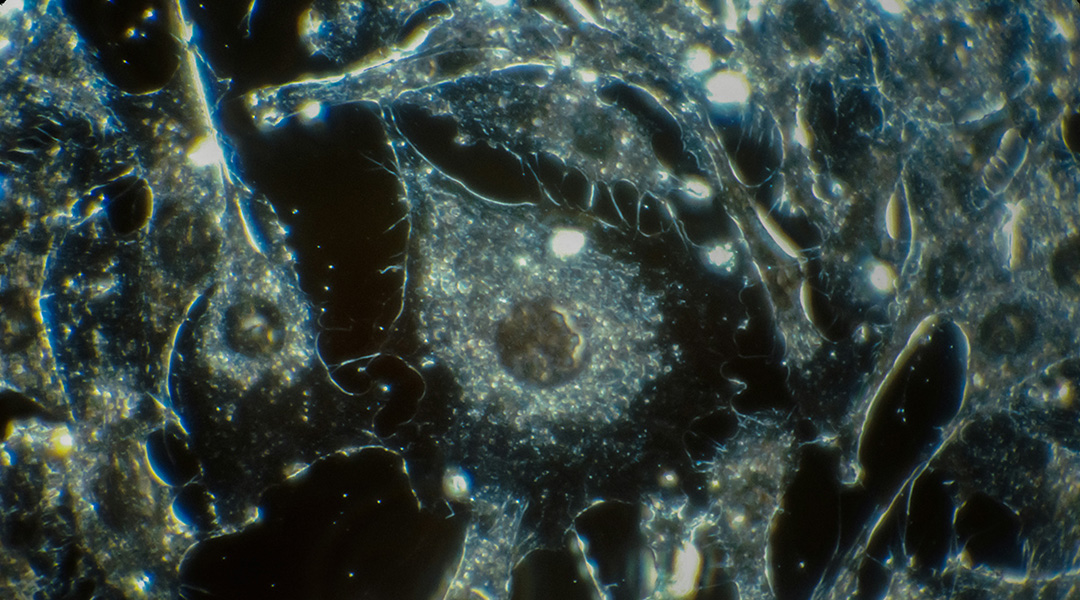
Mechanical therapy physically breaks down cancer cells and could help overcome the problem of treatment resistance.
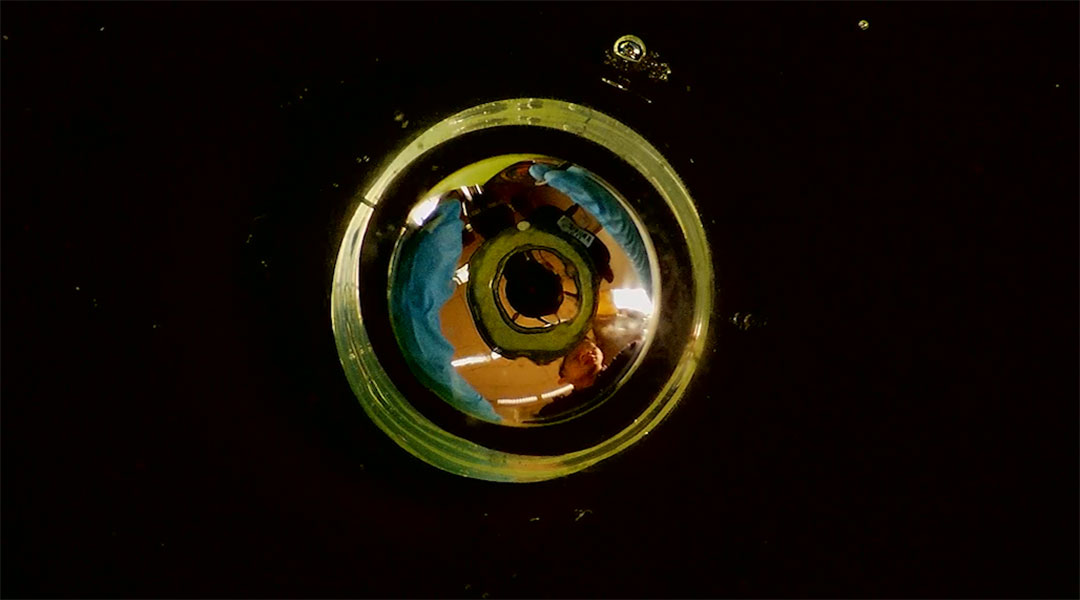
Turns out, liquid metals offer an unconventional approach to creating fully flexible memory storage devices inspired by the brain.
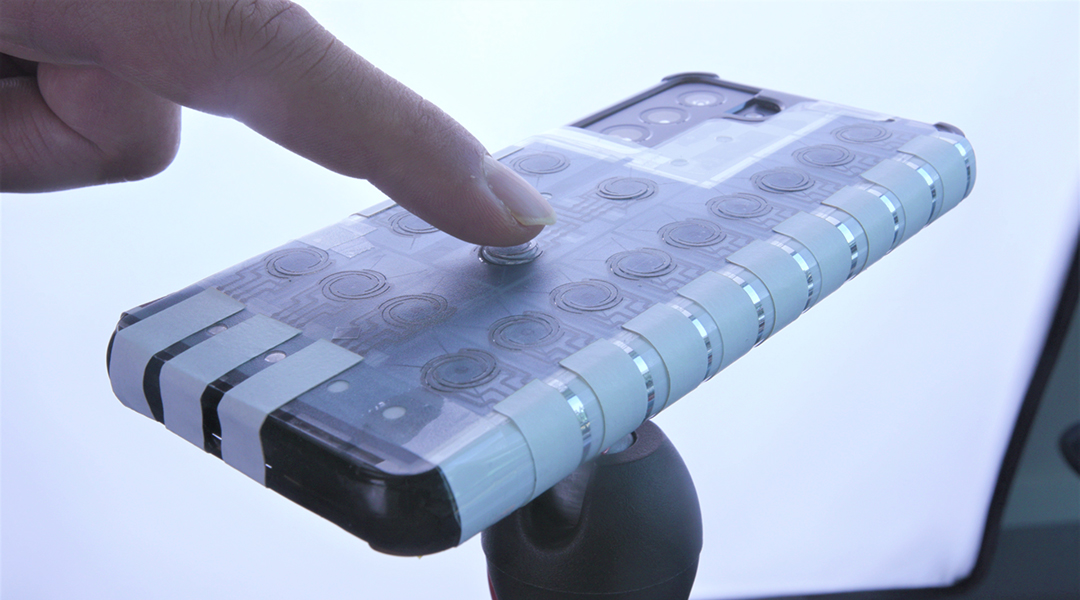
PopTouch blends transparency and touch, bringing traditional tactile buttons to a world of flat screens and smooth surfaces.
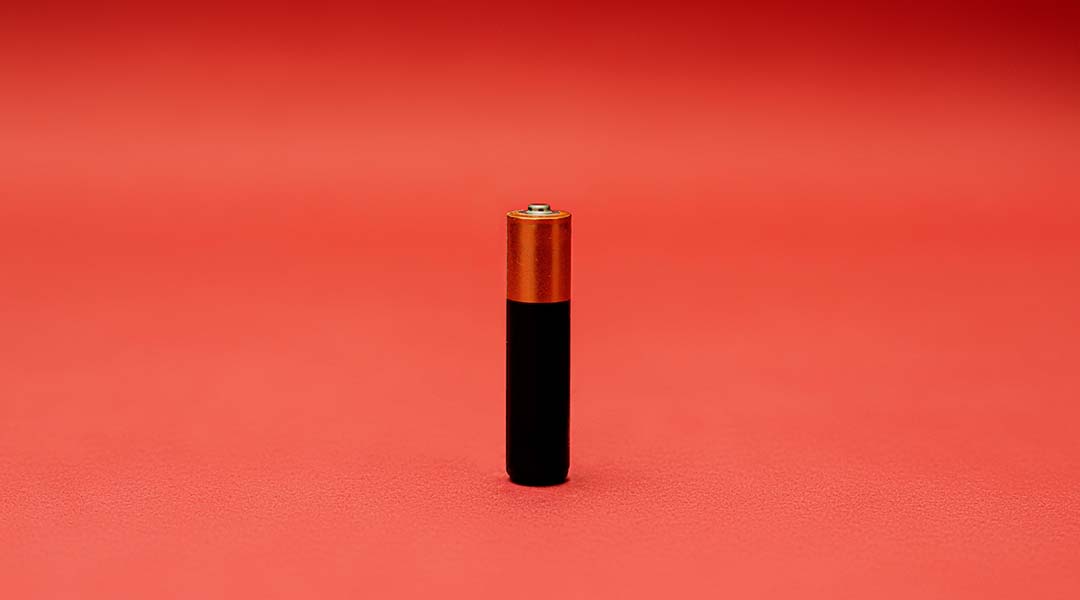
New research aims to improve the stability and safety of alternatives to rechargeable lithium-ion batteries using aqueous zinc and hydrogels.
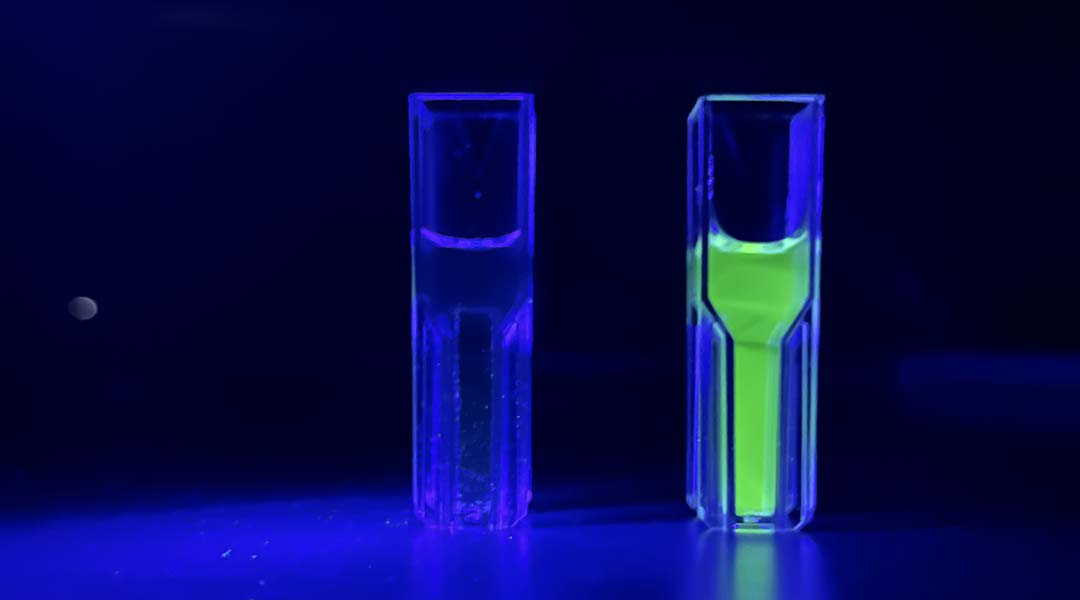
Analyzing biomolecules found in the breath, scientists can detect early signs of deadly blood clots found in diseases like COVID-19, heart disease, sepsis, and more.

This cost-effective solar evaporation device could supplant lengthy and expensive filtration systems normally used in wastewater treatment.